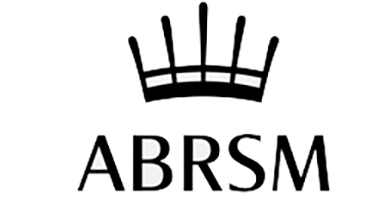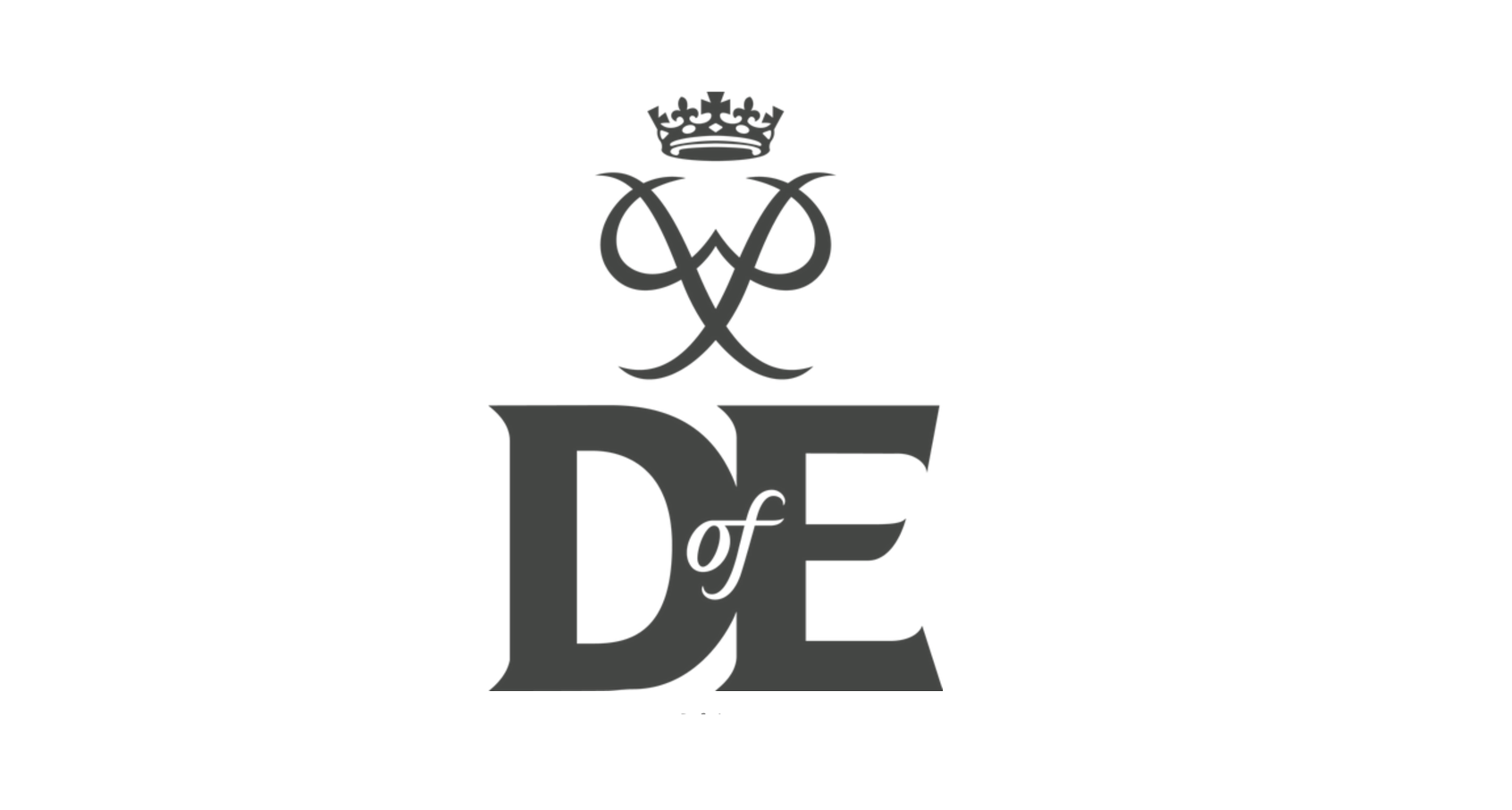Curriculum
Promoting creativity and a love of learning is the principal mission of our primary program. Our rich, interdisciplinary curriculum focuses on inquiry, discovery and character development. We understand that children need to be motivated and deeply engaged in their learning to encourage them to grow as independent, responsible, critical thinkers.
The foundation of our programme are communication skills so reading, handwriting, and public speaking are fundamental elements of the curriculum. Children have much to share within the community, and communication skills allow them to reach out to the world. Exploring of literature allows students to develop sophisticated reading skills that are ultimately mirrored in their writing.
Other subjects are also emphasised, as primary students begin the formal study of math, discovery-based science and technology, and social studies. Class projects often involve a mix of traditional disciplines, using math, science, reading, writing and art, allowing children to see the interconnectedness of knowledge.
Finally, French, Italian, Library, The Arts (Music, Drama, Dance and Visual Arts) and Health and Physical Education are essential additions to our interdisciplinary studies that expand the creativity and development of our students.
What is inquiry-based learning?
Inquiry based learning is a dynamic and evolving process that builds on the students’ natural curiosity about the world in which they live in. The concept of inquiry places students at the centre of the learning experience, by exploring their questions, ideas and reflections, rather than solely those of the teacher. This process moves the students from their current level of understanding to a new and deeper level of understanding.
Inquiry based learning can be a combination of the following elements:
- Exploring, wondering and questioning
- Making predictions and acting purposefully to see what happens
- Experimenting and playing with possibilities
- Making connections between previous learning and current learning
- Collecting data and reporting findings
- Solving problems in a variety of ways





